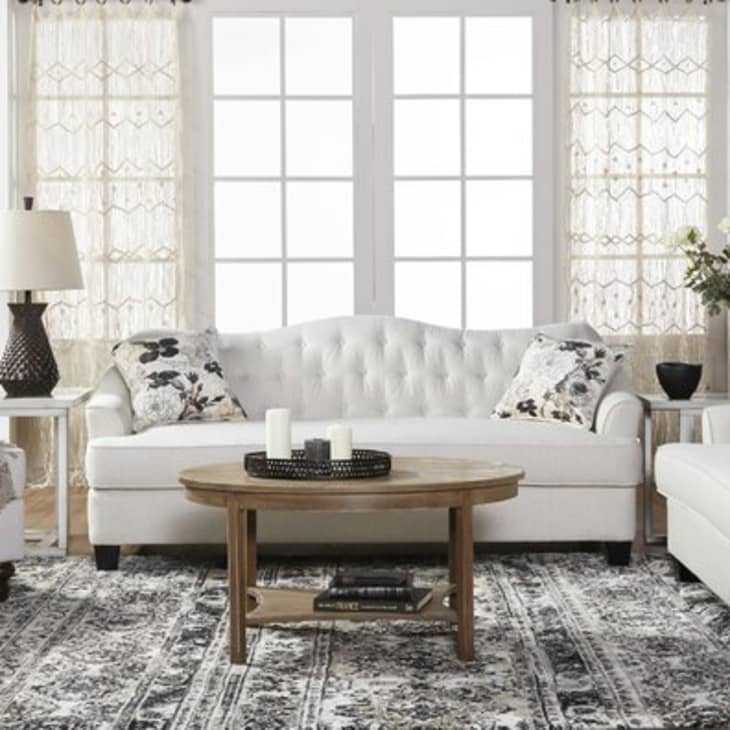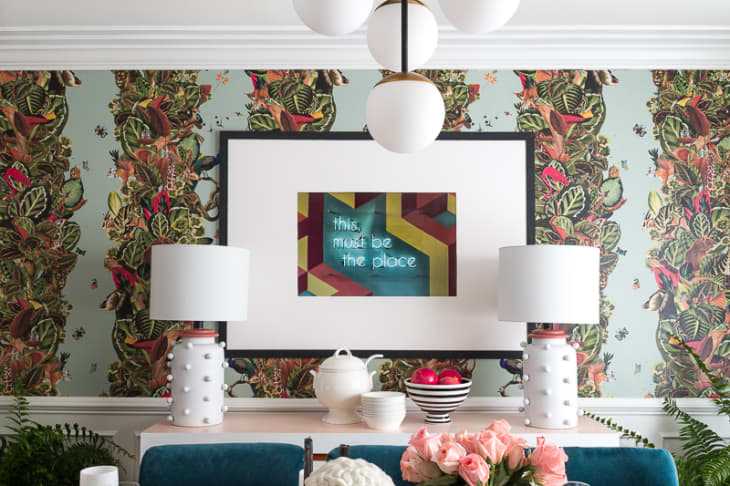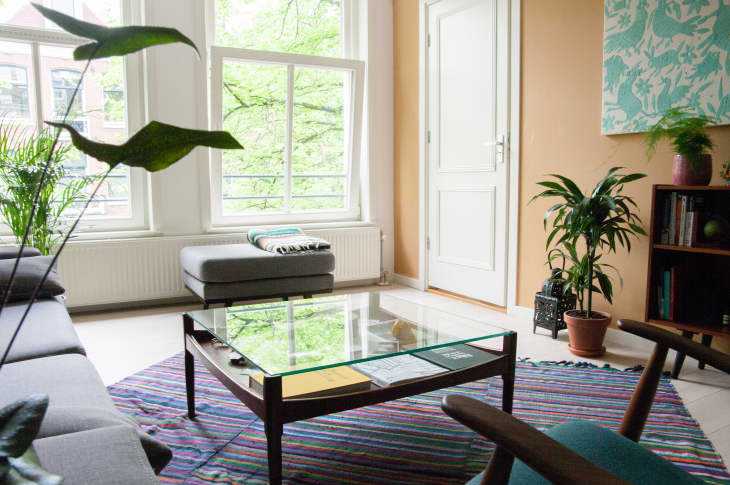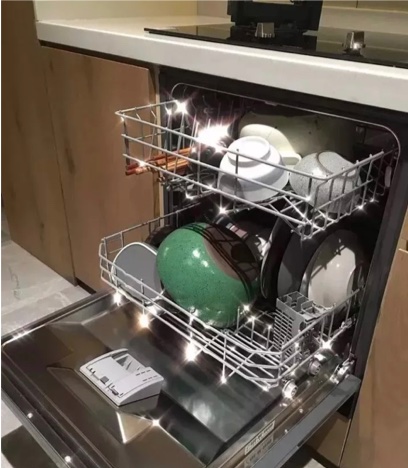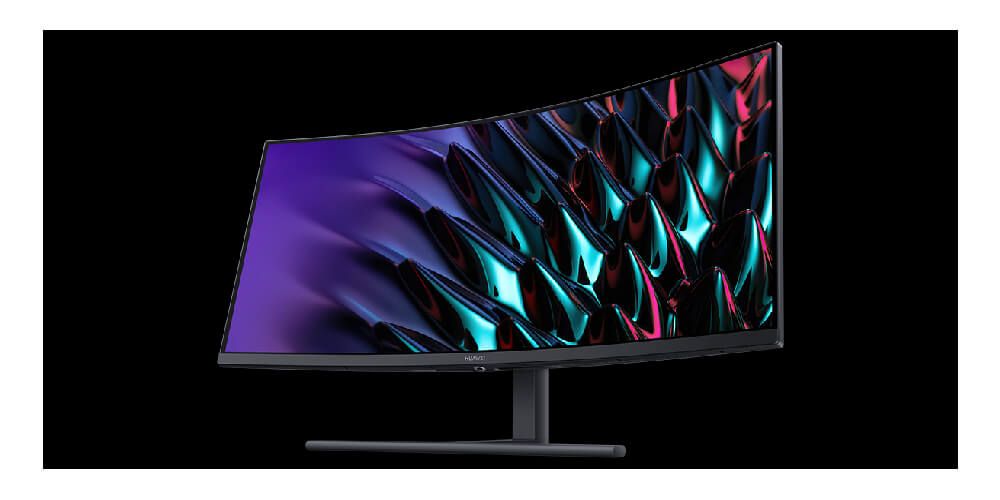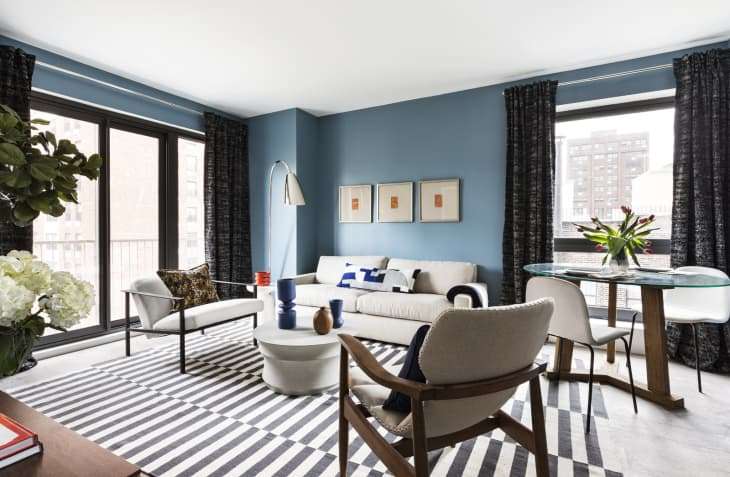The Philips 65PFL9708 will let you watch Ultra HD content on its massive 65in screen, though at present you're more likely to be upscaling Full HD content to the Ultra HD resolution of 3,840x2,160. Although Ultra HD TVs are becoming more common, they’re still very expensive, so one of the most attractive features of the 9708 is its price. At £4,499 the 65PFL9708 is much cheaper than Ultra HD TV sets from rival manufacturers such as Sony, Samsung and LG.
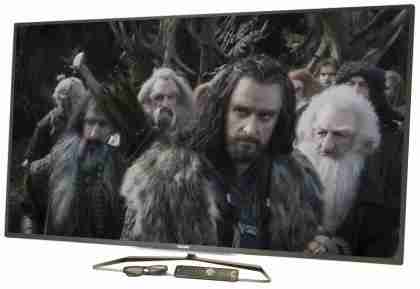
The 9708 certainly has a good selection of connection ports, with no less than five HDMI ports. The fifth port feeds directly into a dedicated processing board designed to handle Ultra HD content. Unfortunately, it doesn’t conform to the new HDMI 2.0 standard, so users won’t be able to Ultra HD content at 60 frames per second until Philips releases a promised external upgrade kit. The 9708 also has component and SCART video inputs, an optical digital audio output, three USB ports, a Common Interface slot and an Ethernet port.
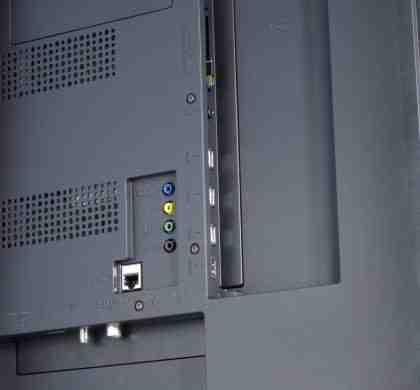
The 9708 makes good use of Philips' AmbiLight system, which uses an array of colour LEDs on the back of the TV to project colours on the surface behind the television. The Ambilight LEDs change colour to reflect the colours on screen so that the pictures you’re viewing appear to bleed out of the top and sides of the frame. We're fans of the effect because it provides a greater sense of immersion when watching films and sports.
Philips provided us with a video server for the purposes of our review, which contained ultra high-definition video footage. However, the footage was mostly made up of high-resolution time-lapse photography that had been spliced together to make a video rather than native Ultra HD motion video. The detailed vistas, brightly coloured skies and sharp textures certainly looked impressive, but to see how the 9708 coped with proper Ultra HD video we also watched Blender Foundation’s open-source Ultra HD video Tears of Steel.
The extra detail present in Ultra HD video is nothing short of breathtaking. Facial features, cloth textures and texture detail in things such as brickwork and metal look incredible, thanks in part to the 9708's brilliantly sharp picture. The Ultra Resolution setting, added more perceived details, but the differences were small enough that most people won't be able to spot them from an average viewing distance. Action sequences proved troublesome, and we did see some artefacts, such as when watching football. The artefacting doesn't ruin the picture, but it is distracting.
Philips has used a VA panel for the 9708. VA panels may not be able to match IPS panels for viewing angles, but the 9708’s VA panel certainly helped create excellent contrast in darker scenes. The Colour Enhancement option made colours look a little too oversaturated, but the 9708 produced more natural-looking images when we switched Colour Enhancement off, changed colour temperature to neutral and slightly reduced the colour setting.
